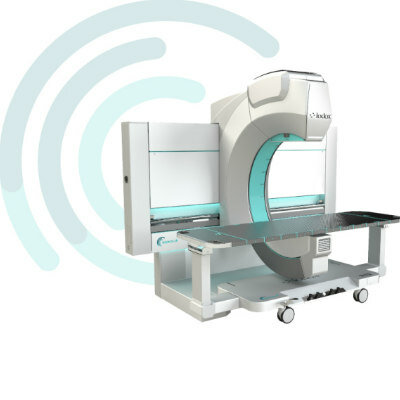fMRI Reveals Dopamine-Related Activity of Food Reward Circuits in the Brain
By MedImaging International staff writers
Posted on 17 Aug 2009
Recent research has found that women who possess genetic modifications associated with low activity of the reward neurotransmitter dopamine in the brain when they imagine eating appetizing foods are more prone to gain weight. Posted on 17 Aug 2009
Functional magnetic resonance imaging (fMRI) scans of brain activity revealed that women who had lower activity in food reward regions of the brain and who had genetic modifications associated with lower dopamine activity showed the greatest weight gain after one year. Lead author of the study, Dr. Eric Stice, from the Oregon Research Institute (Eugene, OR, USA), noted, "These findings provide some of the first prospective evidence that people who experience blunted reward from food may compensate by overeating, increasing risk for unhealthy weight gain.”
Overconsumption of appetizing foods may occur in an attempt to increase brain reward in less responsive systems. The results of this study highlight the need for additional research into the role that neural reward systems play in the development of obesity. "It may be useful for individuals who show low food-related reward to increase their physical activity, which not only promotes activity the same reward circuitry but also reduces unhealthy weight gain from overeating,” stated Dr. Stice.
The study's findings were presented at the annual meeting of the Society for the Study of Ingestive Behavior (SSIB), a leading society for research into all aspects of eating and drinking behavior, held on July 28-August 1, 2009, in Portland, OR, USA.
Related Links:
Oregon Research Institute














